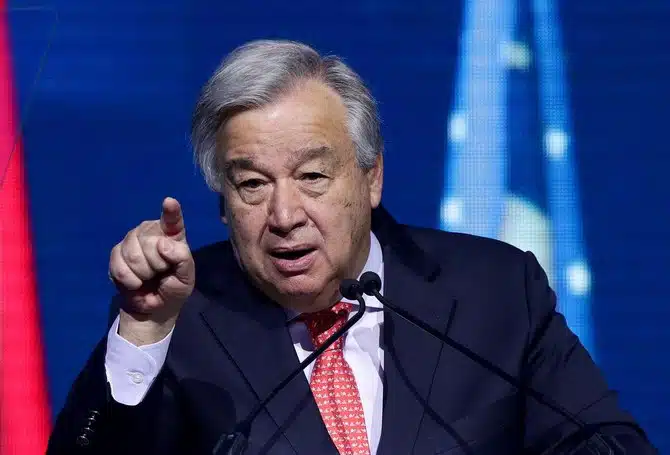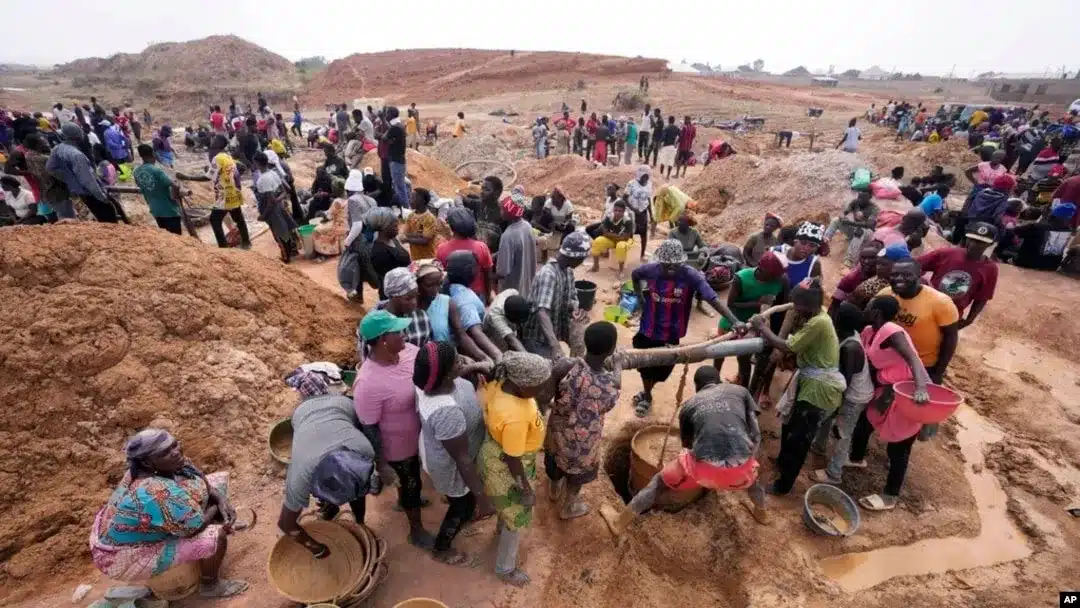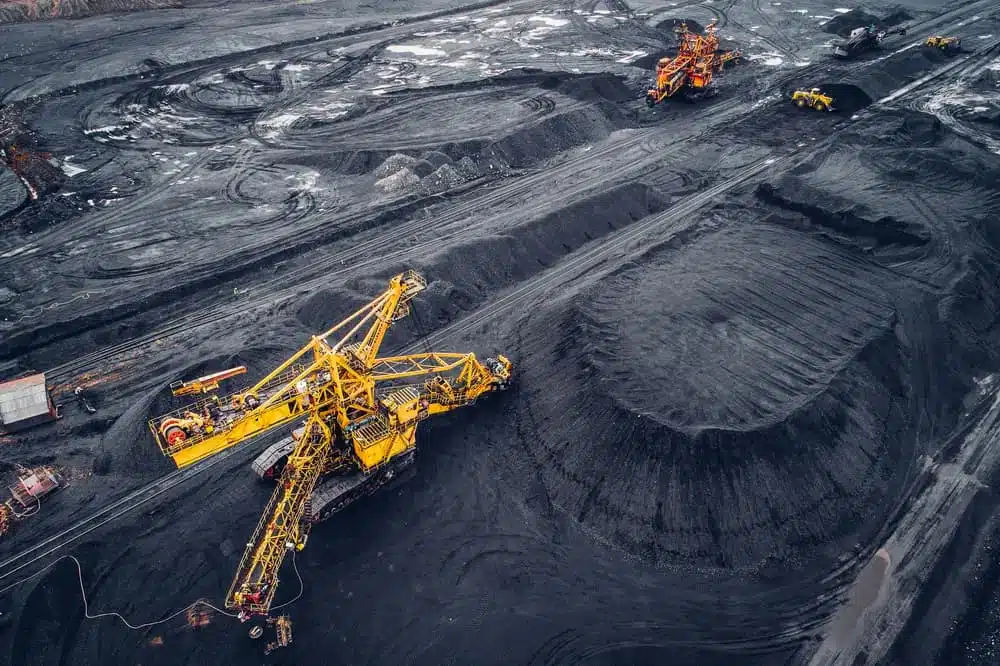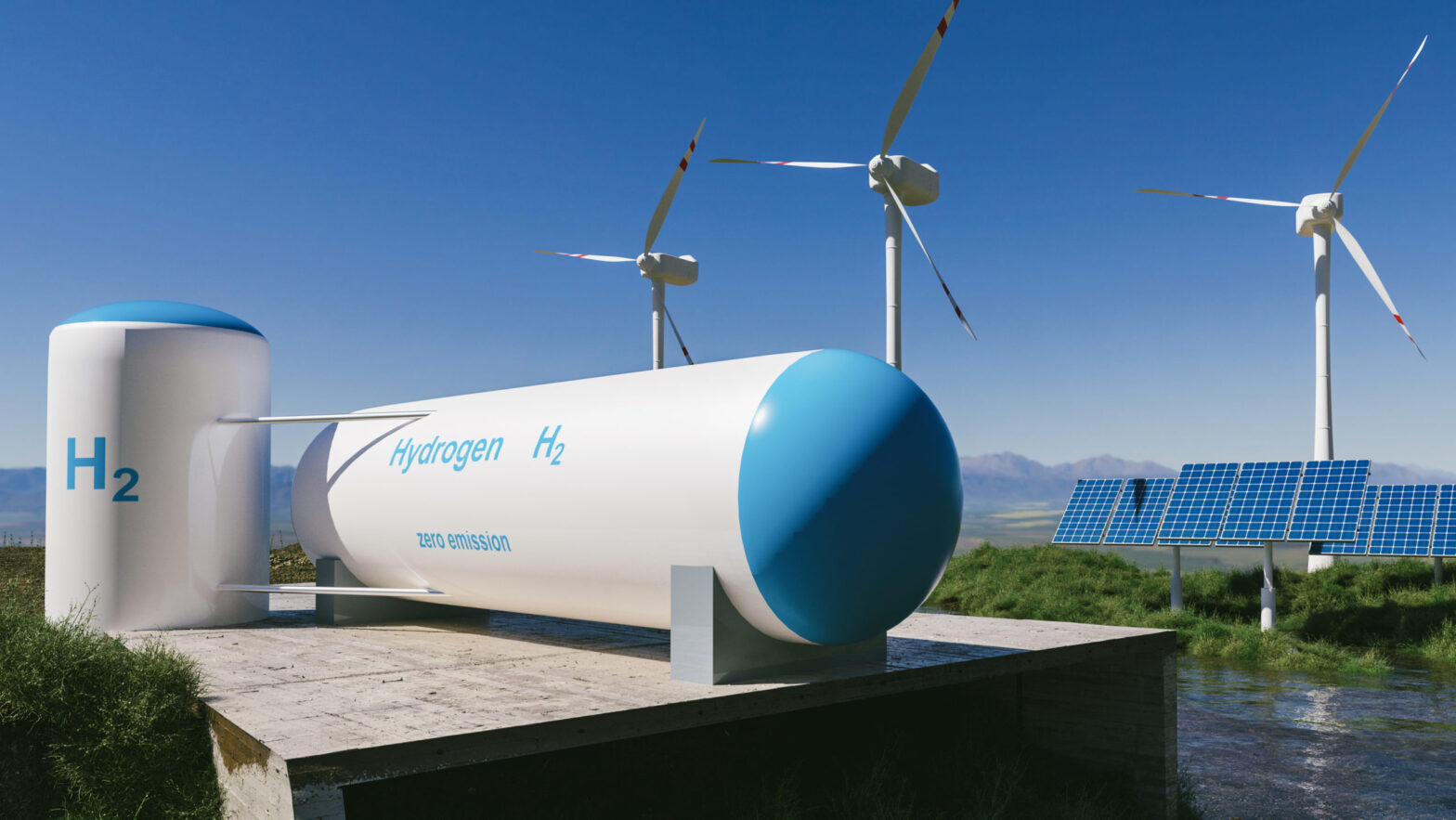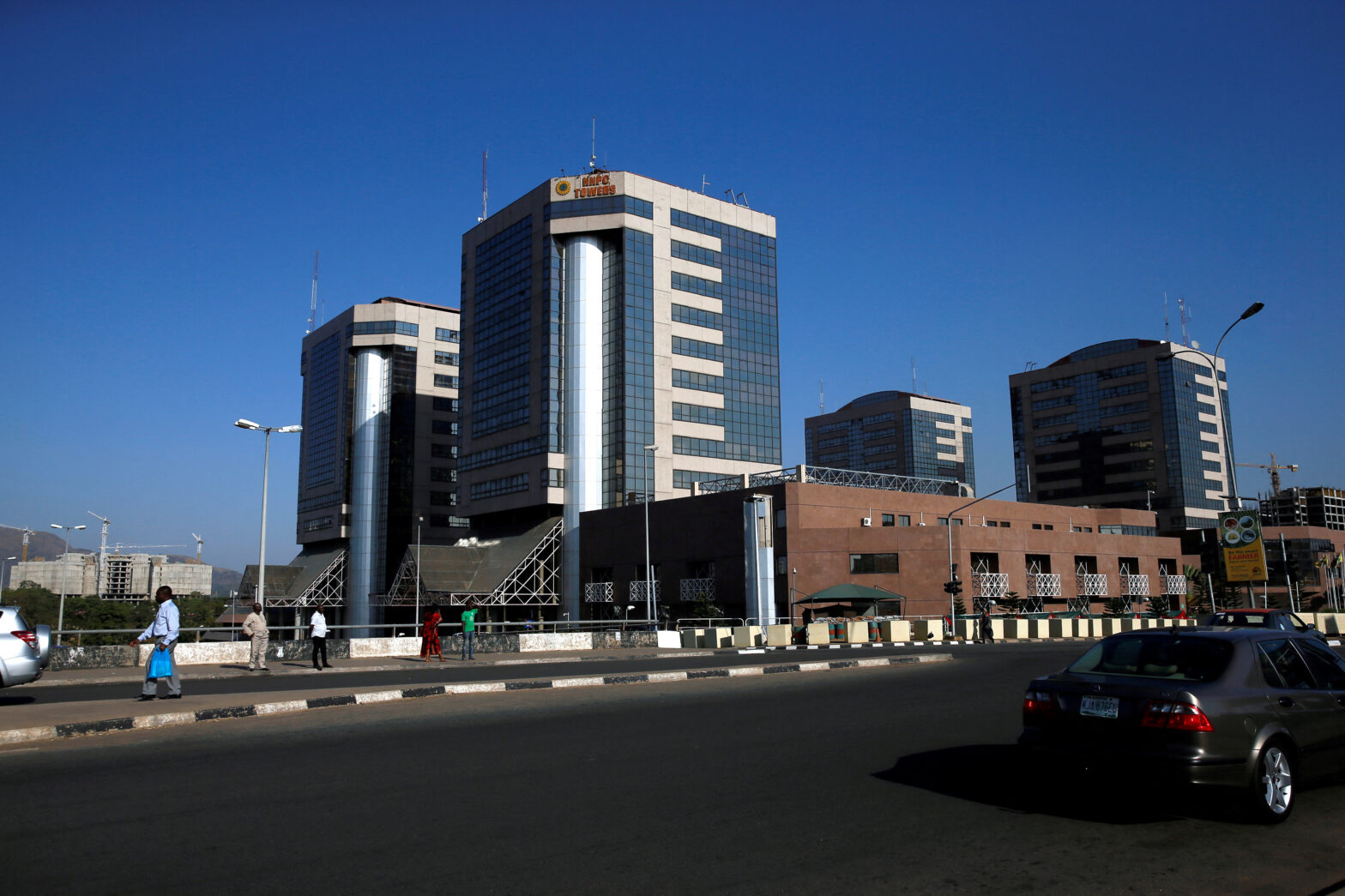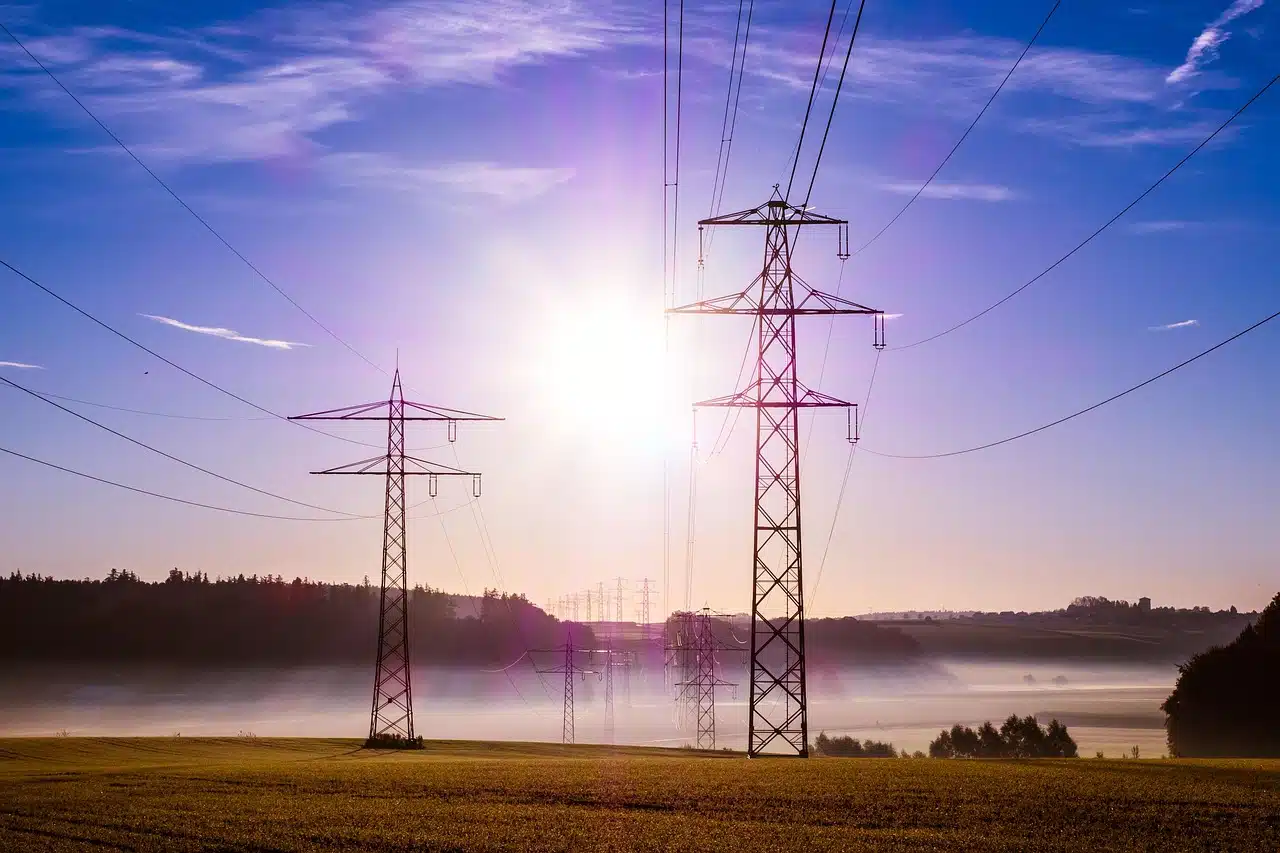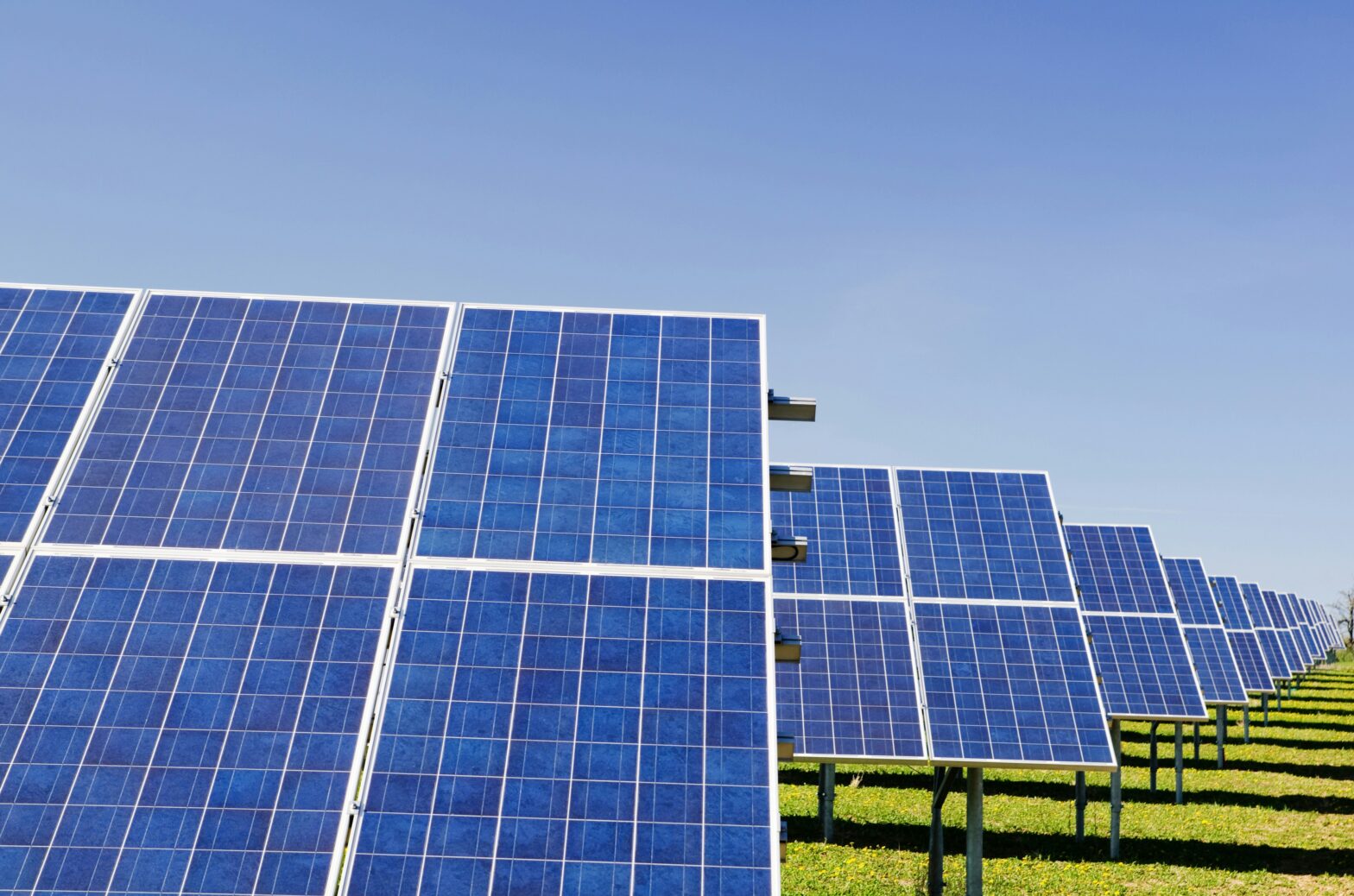UN Secretary-General, António Guterres, has called for urgent climate justice, stating that Africa, despite contributing minimally to global emissions, is suffering disproportionately from climate change.
Guterres made this statement while speaking in a press briefing on Wednesday, highlighting the devastating consequences for both the continent’s people and its economies.
He pointed out that climate change is already taking a heavy toll on vulnerable communities, with extreme weather events like droughts, floods, and storms becoming more frequent.
“Africa is warming faster than the global average. We must limit global temperature rise to 1.5 degrees Celsius to stop this crisis from spiraling even further out of control. By next year, countries must deliver new economy-wide national climate action plans,” he said.
Guterres stressed that the world must limit the rise in global temperatures to 1.5°C to prevent further escalation of the crisis.
“We must limit global temperature rise to 1.5 degrees Celsius to stop this crisis from spilling even further out of control,” he warned.
He also urged the G20, the world’s largest emitters, to lead by example, saying they must deliver new, more ambitious Nationally Determined Contributions (NDCs) that align with the 1.5°C target.
“These new plans must cover all emissions and the whole economy,” he stated.
Financial support for emerging economies
In addition to global action, Guterres called on developed countries to provide technological and financial support to emerging economies.
He noted that this support is essential for helping these countries reduce fossil fuel consumption and accelerate the transition to renewable energy.
He pointed to South Africa’s Just Energy Transition Partnership as an example of how international cooperation can help emerging economies shift towards cleaner energy systems.
“This means creating innovative models of international cooperation, such as the Just Energy Transition Partnership that South Africa has been the first pioneer,” Guterres said.
According to the UN boss, no nation, particularly those most affected by climate impacts, should be left behind in the transition to a sustainable and climate-resilient future.

